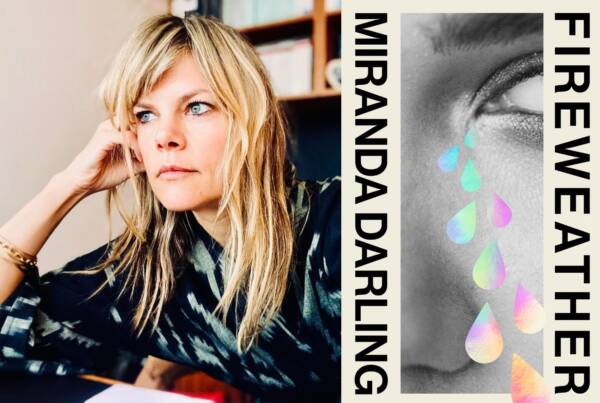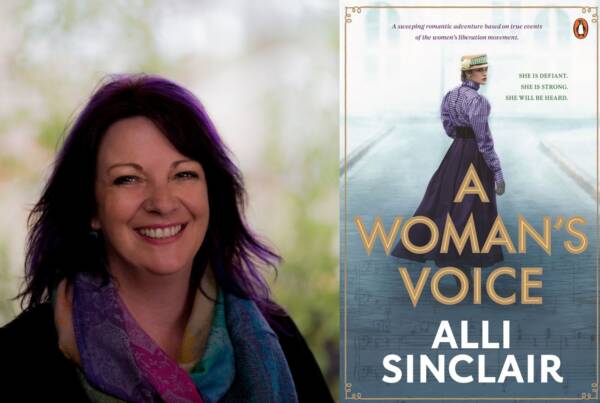Words by Lolita Mae // photography by Olivia Platt

A wise and wildly inspiring artist I knew briefly as a child once told my mother, “If she ever wants to be in the music industry, she’ll need to grow thick skin.” At the time, I had no idea what she meant. I assumed the hardest part would be surviving the teenage gauntlet: the cliques, the bullying, the peer pressure, the suffocation of individuality. I believed that once I escaped that world and stepped into the one I felt I belonged to—music—I’d be free.
But I quickly learned that the music world has its own jungle. And it would be a tougher one to survive.
Almost every scene—every genre—has its invisible fences. Big circles. Boys clubs. Gates shut tight unless you knew the right people. When I entered the underground hip hop and R&B scene about six years ago, I was inspired by the rawness and talent I saw. It ignited a fire in me. Their sounds became one of the foundational threads of what I now call my genre: ethereal electro-pop. That influence gave birth to my latest single, GIRL FROM MARS.
At first, I looked up to the artists and industry figures around me. Though I was always an indie sad girl at heart—dreamy vulnerability, soaked in vintage Fender haze—this scene pulled something else out of me. Something brave. A side I had buried to survive socially. I was shy, quiet, careful, but inside me lived rage, opinions, energy that was clawing to be seen.
If I’m honest, writing GIRL FROM MARS began as an act of revenge. A ‘look at me now’ to the boys who disrespected me in high school and a statement to the gatekeepers who overlooked me in this new world. I wanted to be undeniable. Loud. But somewhere along the way, I began to believe that power meant sensuality—that to be taken seriously, I had to assert my femininity in a physically desirable way that aligned with their gaze, not my own.
Every lyric I tried to write felt like a hollow echo of what I saw around me. It wasn’t empowerment—it was mimicry. And that realisation made me feel small. What started as reclaiming power began to feel like I was giving it away.
That conflict followed me into every song. In trying to prove myself, I lost myself. I disrespected my own voice while chasing a version of strength that wasn’t mine. The pressure to perform a certain kind of femininity spiralled into a dangerous level of perfectionism. I second-guessed everything. My anxiety swelled until it physically started to wear me down—panic attacks, numbness, near blackouts. Music, once my sanctuary, became a psychological inferno. I no longer felt safe
I hated that I let the outside world make me feel like I didn’t have what it took. I felt betrayed by the dream I held so close. I grew bitter. I judged women who seemed to own their sensuality effortlessly, who wore power like a second skin. But the truth? I wasn’t angry at them. I was angry at myself.
For one, I hated that I judged them at all. And two, I hated that I internalised the belief that no matter how I chose to express myself, it would never be enough—that I would never be enough
That realisation—that I was mimicking what I thought power looked like—didn’t come from nowhere. In the music scene, mimicry is survival. We become chameleons, absorbing what’s acceptable, adapting to fit the mould. From the outside, it looks like a thriving scene. But up close, it’s a hierarchy. And as a woman, the pressure to shapeshift isn’t just creative—it’s physical, emotional, deeply gendered.
Over the last few years, I’ve had my share of experiences with men in the industry—artists, producers, managers—who used “collaboration” and “advice” as a cover for crossing lines. Their comments, advances, and condescension chipped away at my sense of safety. I began to feel like I had nothing of value to offer but a body to be dissected and consumed.
That spiral led me to believe that the only way to reclaim power was to play into what they wanted to see.
But mimicry isn’t power. It’s survival. And survival isn’t the same as thriving.
Somewhere in the midst of all that shapeshifting, I had a quiet realisation: I didn’t want to be like anyone else. I didn’t want to mould myself to fit an industry blueprint. I wanted to be honest. I wanted to create something that pulsed from the core of my being. And when I finally let that truth speak, the lyrics to GIRL FROM MARS didn’t just arrive—they poured out of me.
The song became a portal. A marker of transformation. Bravery, I realised, wasn’t about being loud or sexy or untouchable. It was about being vulnerable. Transparent. Unapologetically myself.
And I knew I had to accept that no matter which path I chose—whether I blended in or stood out—it would always be hard and always terrifying. But now, I was scared for something I actually believed in.
They say when you do what you love, it should come easily. But that’s a lie. Doing what you love will test you more than anything else. It gives you no guarantees—only a mirror. And in that reflection, you decide whether you’ll keep going, even without certainty.
From everything I’ve lived, I’ve learned that fear isn’t weakness. Fear is natural. The real strength— real “thick skin”—is acting in spite of it. That’s the flag I raise with GIRL FROM MARS: acting in spite of fear.
Fear walks with me. So do my doubts. But I move anyway. Because belief—even fragile, flickering belief—is enough. And to me, that’s the bravest thing of all.






